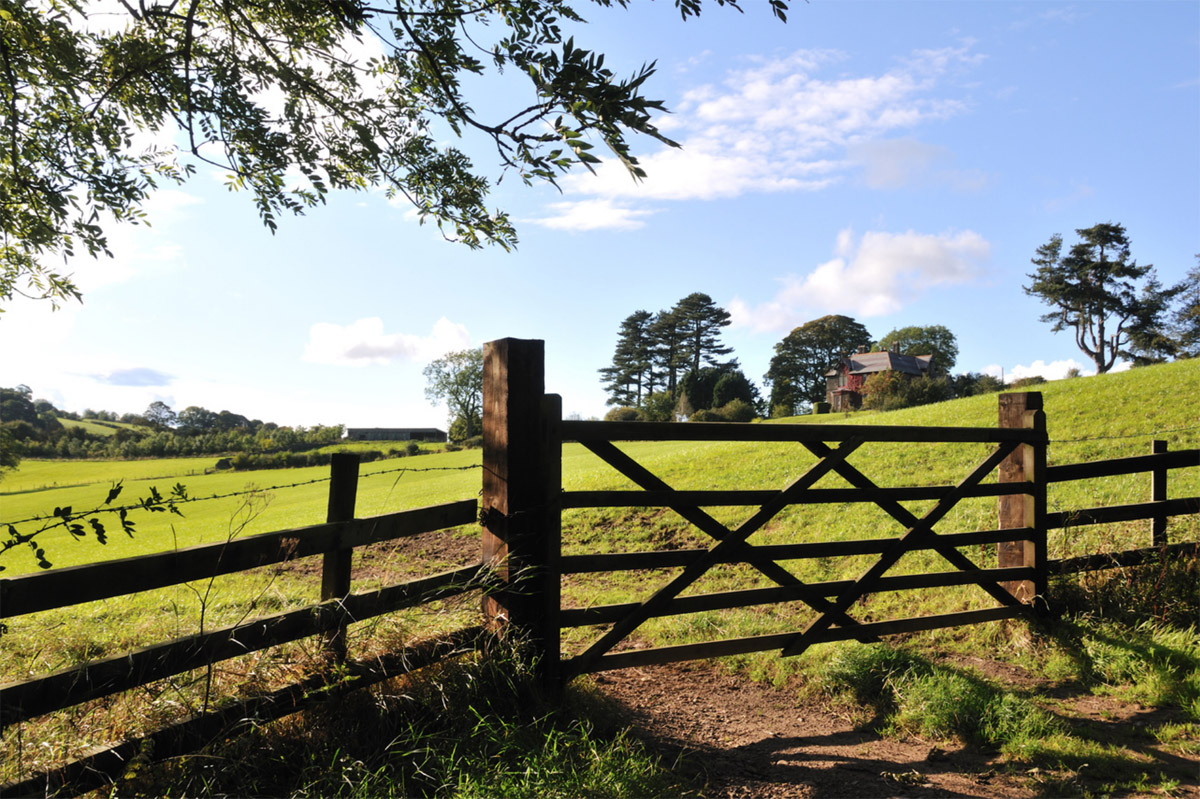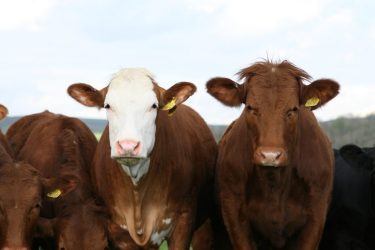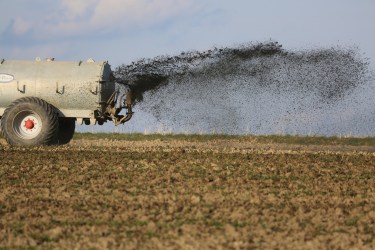Our Sustainability Consultant Ellie Newman visited Low Carbon Agriculture 2024 (LCA24) at Stoneleigh. She found an event brimming with tech and lively debate about achieving low carbon in farming. Less evident was a sense of confidence about how to achieve it.
Low Carbon Agriculture 2024
Promar were delighted to attend Low Carbon Agriculture 2024 on 6th-7th March 2024 at the NAEC in Stoneleigh.
The annual two-day event features trade stands and demonstrations. It also includes excellent key-speaker sessions, all addressing the agricultural industry’s most pressing challenges.
This year, the hosts organised the event around four key topics: Energy and Business, Energy Now, Environmental Business, and Farm Technology. LCA24 designed these to stimulate lively conversation around renewable energy generation, low-carbon technology, and sustainable land-management practice.
Is tech the key to low carbon farming?
Technological innovation is certainly at the heart of the LCA24. It’s a great place to check out renewable energy companies exhibiting solar, wind, batteries, biomass tech, and more.
Additionally, you can meet a range of suppliers of precision application autonomous farm machinery, showing kit from small monitor drones to giant self-automated spreaders. There’s biotech too, to bring you up to date on innovations such as basalt and biochar soil additives.
Greenhouse gas emissions – does farming deserve its bogeyman status?
With the UK’s legal obligation to reach Net Zero greenhouse gas (GHG) emissions by 2025, debates at LCA24 often centred around the challenge of achieving this target.
However, discussions often included assertions that farming is unfairly blamed for greenhouse gas emissions. Many contributors expressed strong feelings that agriculture and farming practises have been unfairly singled out by government, political bodies, and the popular press.
This has left a lot of farmers feeling vilified, unsupported, and demoralised.
Debates aplenty about how to achieve low carbon farming
One panel session at LCA24 was “The Debate – Reaching Net Zero in Agriculture,” chaired by journalist and presenter Tom Heap. Contributors included Helen Browning (Soils Association), David Webster (LEAF), Nine Skorupska (REA), Hartley Stoddart (DEFRA), and Joe Evans (CLA).
The session covered multiple important topics such as farming on lowland peatland, how human consumption is changing, and finding the balance between the environment and food production.
David Webster made a key point when he asserted that “Net Zero is more about risk, resilience and adaptability,” which resonated among the audience. The statement encapsulates an important idea: that there is more at stake than simply reducing emissions. It is about providing an industry that can sustain feeding the nation into the future.
This highlights a tricky pivot for landowners to execute. Until recent years their focus has been on food production. However, going forward they must provide natural assets, social welfare, timber, carbon sequestration, renewable power, biodiversity, and more. All this, while maintaining a picturesque landscape for the public to enjoy.
Achieving all this will require not just business and environmental acumen. It will require long-term help through grants, subsidies, guidance, and education, too.
Is the global agri-food business unfair on UK farmers?
Another discussion focussed on how human consumption demands change, and always agriculture adapts to meet these needs. However, as opportunities to eat evermore diverse foods from further afield has become possible the need for imports has increased.
This results in imports that outcompete locally produced food on price. In addition, evidence is building that many of these imports do not meet the exacting standards that are required of UK producers.
To support the local agricultural industry, consumers will have to change their sensibilities. This will require the promoting of sourcing and eating of local, seasonal produce.
To achieve low carbon, should we stop lowland peat farming?
During the Tom Heap-chaired debate, farmers expressed concern about the possibility of restrictions being implemented across peatland and what that would mean for their livelihoods.
On this subject Defra’s Hartley Stoddart felt that stopping the practice was missing the point. “The important aspect is what and how we do it,” he said.
One solution would be to focus on crops that can cope with wetter land and adapting farming methods to wetter conditions.
Using waste to reach low carbon – a maturing solution
A key theme which presented itself throughout the course of the event was that of opportunities to decarbonise emissions from livestock systems by using animal waste products.
Using Anaerobic Digestion (AD) tech as part of integrated slurry management system could unlock a dual solution. The first would be harnessing livestock waste to create a financial return. The second would be generating a renewable source of heat and electricity for use on farm, reducing reliance on costly national grid imports.
Historically, AD has always been associated with large-scale plants. However, with recent developments in technology, AD is becoming more adaptable, portable, and affordable. As a result, it can now support small-to-medium sized units, offering solutions to the average 100-head herd.
Nonetheless, it still requires pretty hefty investment.
If you are considering implementing AD at any scale on farm, there are issues to consider, including:
- Sufficient supply and quality feedstock
- Discerning the exact right system for your business
- Justifying your costs, and controlling your on-goings
- Setting a clear end goal
- Accurately forecasting your returns
AD symbolises the question at the heart of low-carbon farming. Namely, how do you best make use of it while maintaining a competitive, production-focussed agricultural enterprise?
Like many of the issues, AD requires quite a lot of analysis. Consequently, we’ll be taking a deep look the subject in a separate blog.
Farmers can no longer farm in isolation
One thing is clear, farming and land management are, like every other line of modern business, becoming so complex and fast moving that it is impossible to practice them in isolation.
Input is needed from specialists, to enable a clear, rounded appreciation of the challenges, and to see the solutions available. From finance to policy, from legal to technical, and from human-resource management to environmental, input is essential.
Promar, uniquely positioned
Promar occupies a unique position, with experts in all aspects of farm and agri-food. We collaborate with farmers, suppliers, distributors, retailers and more. We use data insights, expert knowledge, and good old-fashioned experience to provide insights at all levels of the supply chain. Our people come from a vast array of backgrounds and disciplines.
We are working with market-leading companies right now, who are achieving profitability as they drive towards low-carbon production targets.
Whatever your challenge, we collaborate with you every step of the way to achieve the overall vision you have for your business. For an initial conversation, call us, or check out our Sustainability Consultancy, operating in the UK and Germany.








